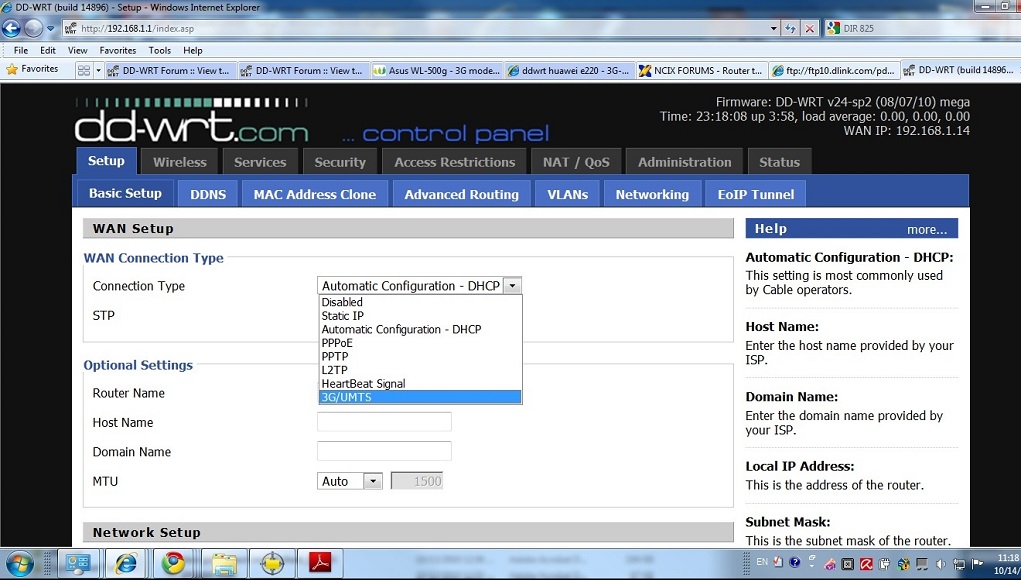Your router is locked bitcoin wiki

Send your Bitcoins to a specially formed Bitcoin address. Most client software, derived or "from scratch", also use open source licensing. Buy what is lost with private chains is non-repudiation of transactions, as PoW can now be manipulated, by the company itself, hackers and the governments. Or am I missing something?

It all comes down to the table I drew in this post: But there are problems, such as: This allows a spectrum of identities from fully anonymous to fully disclosed and verified. So projects such as Ethereum are building an entirely new infrastructure to explore these ideas.

Posted on October 26, Think about what happens if you send Bitcoins to a centralized wallet such as circle. Retrieved from " https: My team is working on the following preliminary identity design right now: Peer-to-peer means that no central authority issues new money or tracks transactions.

And we need to make our systems anti-fragile. Now place a copy of the backed up wallet. I said above that you can build sophisticated rules into Bitcoin transactions to specify how ownership is proved.

Did I answer your question? Bitcoin seeks to address the root problem with conventional currency: The concept of side chains is an intriguing one. Think of the identity hash as a bitcoin address, it is indeed public.